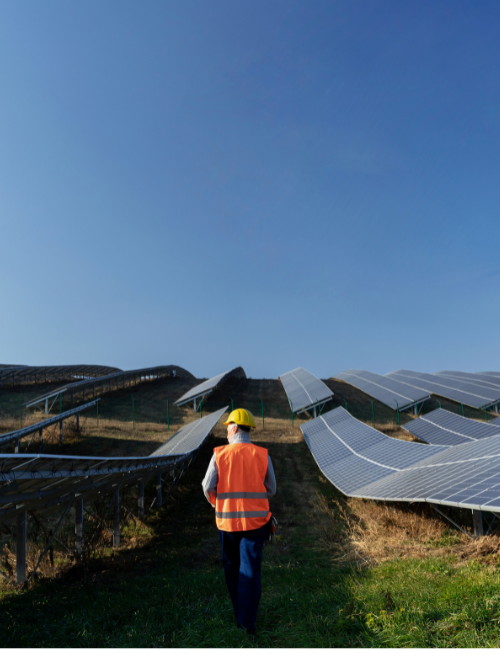There is no shortage of government support. Companies in the climate sector receive billions in aid. But there is a shortage of workers, which is slowing down the expansion of renewable energies.
According to the Competence Centre for Securing Skilled Workers (Kofa) at the German Economic Institute (IW), there was a shortage of 184,000 skilled workers in this sector last year – more than in any other sector. This corresponds to almost a quarter of the total skilled worker shortage in Germany, which comprises around 500,000 unfilled positions.
Programmes such as the Climate and Transformation Fund have led to an increase in employment of around 400,000 people since 2014, but the industry is still falling short of its targets. In the field of ‘mechanical engineering and industrial engineering’, for example, 32 occupations were identified that offer ‘potential for change’ from another industry or job to the climate sector. However, there is a lack of money and government support for retraining. The biggest bottlenecks are in lower-paid assistant jobs. There is a shortage of 173,000 workers, particularly in warehouse management.
The shortage of skilled workers is having a significant impact on the energy transition. Around 250 professions are crucial for solar, wind and hydrogen – from business people to master craftsmen to engineers. However, the problem also affects ‘non-green’ professions, where labour shortages are also delaying projects. Shortages in logistics, transport or administration, for example, could slow down the transition – even the construction of wind turbines is stalling due to a lack of lorry drivers. Recruiting from abroad is one of the best ways to remedy the situation.
Back
